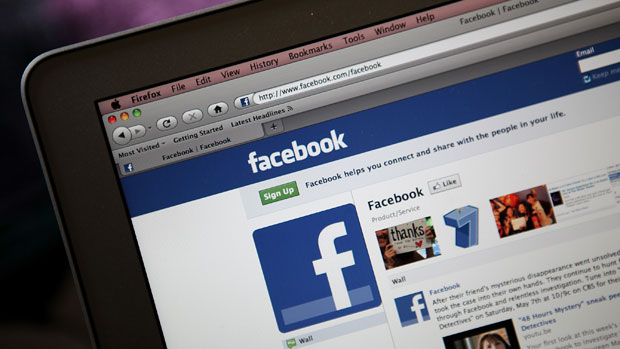How to detox from social media
New study suggests social media is fuelling depression in teenage girls

A free daily email with the biggest news stories of the day – and the best features from TheWeek.com
You are now subscribed
Your newsletter sign-up was successful
Teenage girls are typically twice as likely as boys to develop mental health disorders linked to overuse of social media, including depression and anxiety, new research shows.
Experts at University College London are studying more than 10,000 British 14-year-olds as part of the Millennium Cohort Study.
Their latest report, published in the journal EClinicalMedicine, found that 12% of light social media users showed signs of having depression, compared with 38% of heavy users (classed as more than five hours a day).
The Week
Escape your echo chamber. Get the facts behind the news, plus analysis from multiple perspectives.

Sign up for The Week's Free Newsletters
From our morning news briefing to a weekly Good News Newsletter, get the best of The Week delivered directly to your inbox.
From our morning news briefing to a weekly Good News Newsletter, get the best of The Week delivered directly to your inbox.
And teenage girls were more affected than their male peers “when it came to social media use and concerns about body image, self-esteem and appearance”, reports the London Evening Standard.
Professor Sir Simon Wessely, ex-president of the Royal College of Psychiatrists, said that although researchers “still cannot definitely say that social media usage causes poor mental health... the evidence is starting to point in that direction”.
The alleged damage done by extensive social media exposure has been the subject of much debate in recent years, with medical experts as well as a number of celebrities advocating a “detox” for mental health purposes.
In recent months, US chart-topper Ariana Grande and rapper Kanye West have both taken extended breaks from all social media activity, while British singer-songwriter Ed Sheeran recently told The Sun that his decision to abstain from Twitter had “massively” improved his life.
A free daily email with the biggest news stories of the day – and the best features from TheWeek.com
“It has a huge impact because of the way you view yourself and the insecurities that get brought out by other people,” Sheeran said.
If you’re also considering taking a break from the social media deluge, there are a number of different ways to get started, according to experts.
For those who want to go completely “cold turkey”, tech website MakeUseOf recommends more extreme options including deleting your social media accounts, uninstalling the apps and even using browser add-ons or apps that block access to social media sites.
“This will eliminate all of those notifications and alerts that play such a crucial role in social media addiction,” the site says. “And you won’t be as likely to pop one of those apps open in moments of boredom or stillness.”
Would-be detoxers are also advised to replace social media with another activity. “It’s not enough to excise social media from your day. You need to fill that void with something else, otherwise you’re just going to claw your way back,” says the site.
However, if deleting your accounts seems too drastic, there are other ways of regulating your usage.
Well-being website The/Thirty says this could include tracking your social media use in a diary, unfollowing any account you do not find worthwhile and having a designated detox day every week.
The site adds that having a “consequence” for ignoring these rules may also prove helpful, such as “losing your coffee or social media (entirely) the next day, having to put your favorite pair of shoes out on the street, or wearing your hair in silly pigtails”.
-
 What is the endgame in the DHS shutdown?
What is the endgame in the DHS shutdown?Today’s Big Question Democrats want to rein in ICE’s immigration crackdown
-
 ‘Poor time management isn’t just an inconvenience’
‘Poor time management isn’t just an inconvenience’Instant Opinion Opinion, comment and editorials of the day
-
 Bad Bunny’s Super Bowl: A win for unity
Bad Bunny’s Super Bowl: A win for unityFeature The global superstar's halftime show was a celebration for everyone to enjoy